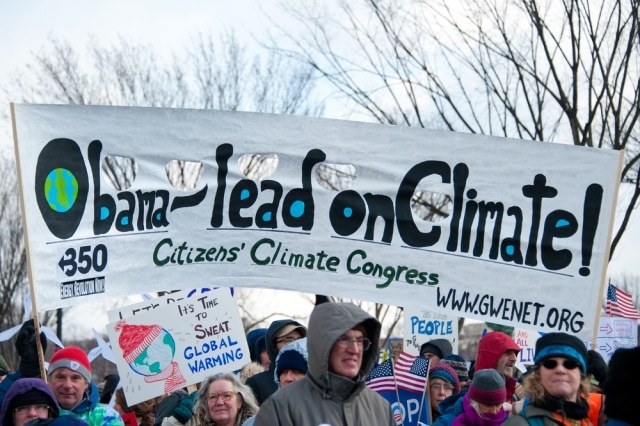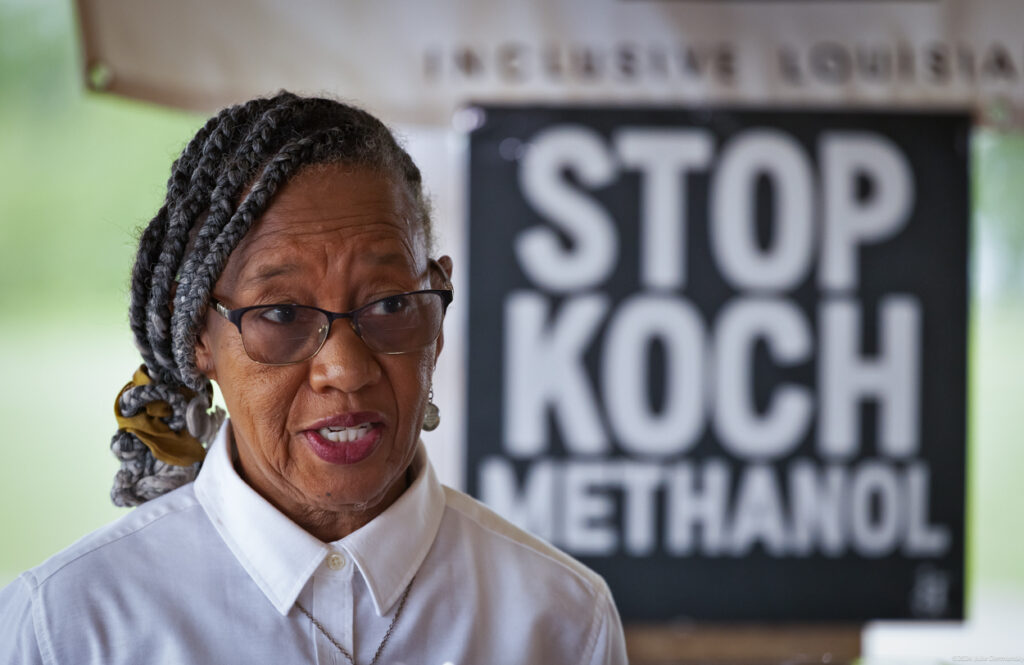President Obama, during his climate speech last week, surprised many observers by his unexpected remarks about the Keystone XL pipeline. The President, for the first time, placed a clear condition on the pipeline’s approval – its impact on the climate.
“The net effects of the pipeline’s impact on our climate will be absolutely critical to determining whether this project is allowed to go forward” he said, calling on the United States to |lead international efforts to combat a changing climate.”
Later in the speech, Mr. Obama spoke in favor of the increased use of natural gas as a ‘transition fuel’ and called on the United States to “strengthen our position as the top natural gas producer because, in the medium term at least, it not only can provide safe, cheap power, but it can also help reduce our carbon emissions.”
In a speech focused entirely on climate change, however, these two positions – placing climate change conditions on one fossil-fuel (tar sands oil) project while ignoring the climate implications (indeed touting the merits) of another fossil fuel industry (natural gas) – contradict each other and call into question Mr. Obama’s pledges, “as President, as a father, and as an American,” to take meaningful action on climate change.
Mr. Obama cited, correctly, that natural gas emits far less carbon than oil or coal when burned. This is true, but carbon is not the only potent greenhouse gas contributing to climate change. If the goal is fighting climate change, the President thus omitted an inconvenient truth: Methane – the principal component of natural gas – is a potent greenhouse gas, with some reports suggesting its global warming potential is greater than carbon.
There have been few scientific studies that examine the global warming effects of natural gas, but the few that have been published are significant. A 2011 study out of Cornell University concluded that methane has a “global warming potential that is far greater than that of carbon dioxide” and warned that methane’s short-term properties (its effect on climate during the first twenty years after emission) are considered even more significant than the carbon emissions from oil or coal. The report summarized its findings this way: “Methane contributes substantially to the greenhouse gas footprint of shale gas…”
Another study, co-authored by climate researcher Ken Caldeira, of the Carnegie Institution for Science, and physicist Nathan Myhrvold (the former lead technology officer at Microsoft), and published in the journal, Environmental Research Letters, concluded that natural gas is “worthless for fighting climate change.”
Gavin Schmidt, a climate model scientist with NASA, explained how methane, in addition to its own direct warming effects, also contributes to global warming indirectly by decreasing an important atmospheric coolant, OH (hydroxyls):
“we found that methane’s (warming) impacts increased even further since increasing methane lowers OH (hydoxyls) and so slows the formation of sulphate aerosol and, since sulphates are cooling, having less of them is an additional warming effect. This leads to an increase in the historical attribution to methane (by a small amount), but actually makes a much bigger difference to the GWP (Global Warming Potential) of methane.”
Addressing the industry’s assertion, repeated by President Obama, that natural gas is a logical, safe ‘transition fuel’ the author of the Cornell report, Robert Howarth, said, “The large greenhouse gas footprint of shale gas undercuts the logic of its use as a bridging fuel over coming decades, if the goal is to reduce global warming.”
Thus, Mr. Obama’s climate speech last week contained two opposing principals:
He conditions one fossil fuel project (Keystone XL) on its climate implications, while he ignores the significant climate implications of another fossil fuel – natural gas.
The rules of science will not accommodate such conflicting principals.
President Obama will either combat climate change… or he won’t.
Photo credit: Forward on Climate rally via Shutterstock
Subscribe to our newsletter
Stay up to date with DeSmog news and alerts





